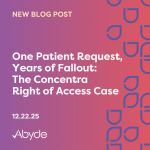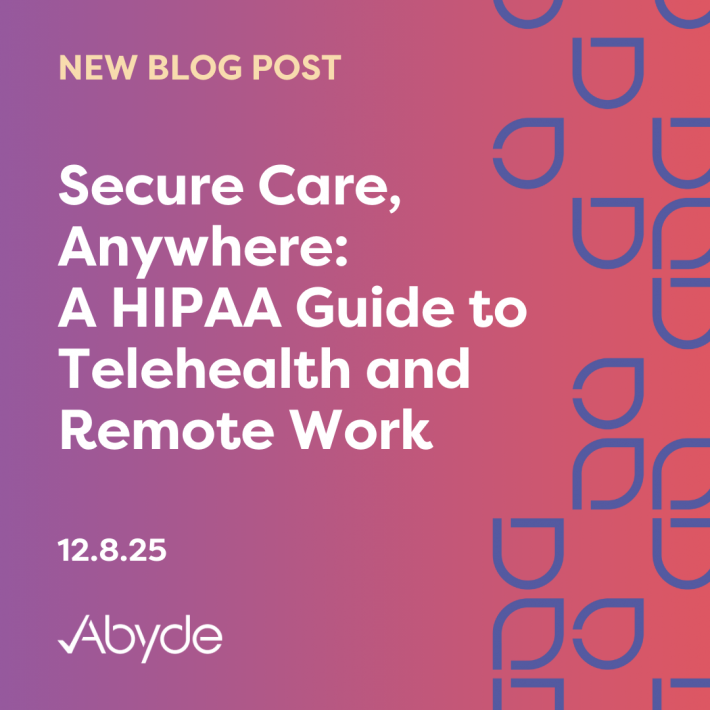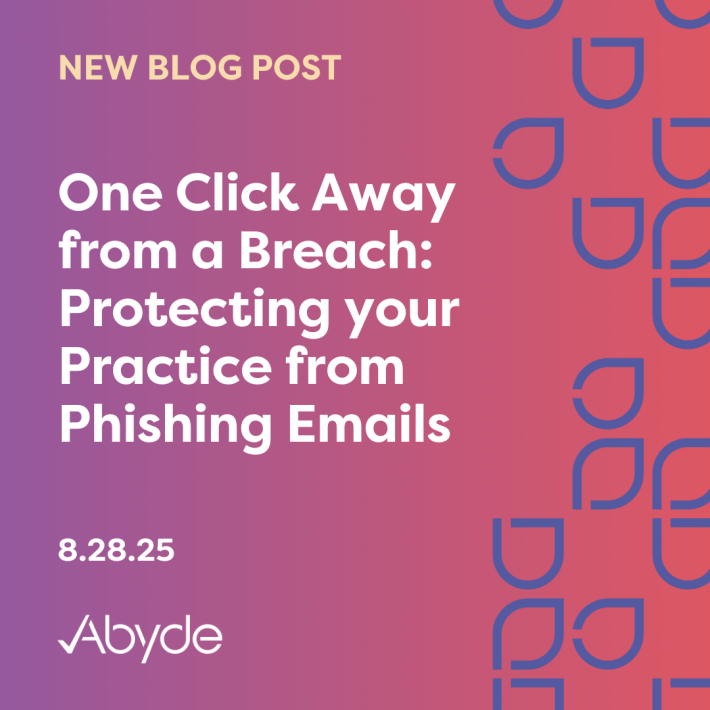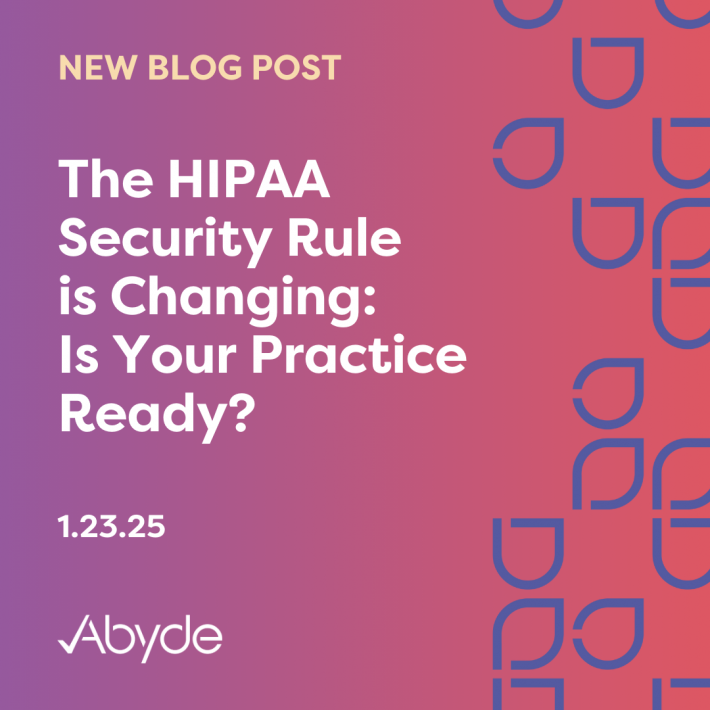August 20, 2020
Even before COVID-19, electronic solutions were transforming the way practices work and communicate with patients and other providers. As technology continues to evolve within the healthcare industry, it’s important to understand how to properly secure sensitive protected health information (PHI) when stored or transmitted.
What does encryption actually mean?
Protecting patient data from cyberthreats goes beyond having appropriate passwords. It means having the right technical safeguards in place including properly encrypting any PHI created, stored, sent, or received by your practice. So what exactly is encryption?
Encryption means that content containing sensitive data is made unreadable for anyone except those authorized to view the information. This process essentially uses a software or algorithm to ‘lock’ the data or written text and requires an encryption key to make the information decipherable again.
What should be encrypted?
So what should be encrypted? Simply put, the answer to this question is pretty much anything containing PHI. This includes data that is being sent to someone else such as a patient, business associate, or another provider. Examples of this include:
- Laptop and desktop computers as well as external hard drives
- Electronic Health Record (EHR) systems
- Emails, text messages, and patient portal communications
Why does encryption matter?
For a typical practice, your EHR system is likely already encrypted – but your EHR isn’t all that matters. All other laptops, external hard drives, servers, and communication systems are at high risk if they are not also properly encrypted to protect from cyberthreats.
In fact, failing to encrypt devices has been the cause of various HIPAA violations. Recently, a covered entity in Rhode Island faced a $1,040,000 fine from the OCR on top of a 2 year corrective action plan. The violation resulted from a stolen unencrypted laptop, leading to over 20,000 patients data being exposed. Part of the reason for the hefty fine was the organization’s “systemic non-compliance” when it came to proper encryption of devices. The entire incident could have been avoided if the entity had the proper technical safeguards in place.
With cybersecurity threats on the rise and electronic communication becoming more commonplace, it’s all the more important to ensure the protection of your patients’ information. Implementing encryption services is a great way to best protect your practice and prevent HIPAA violations. If using an external vendor for encryption, make sure to have the appropriate business associate agreement in place as well.





